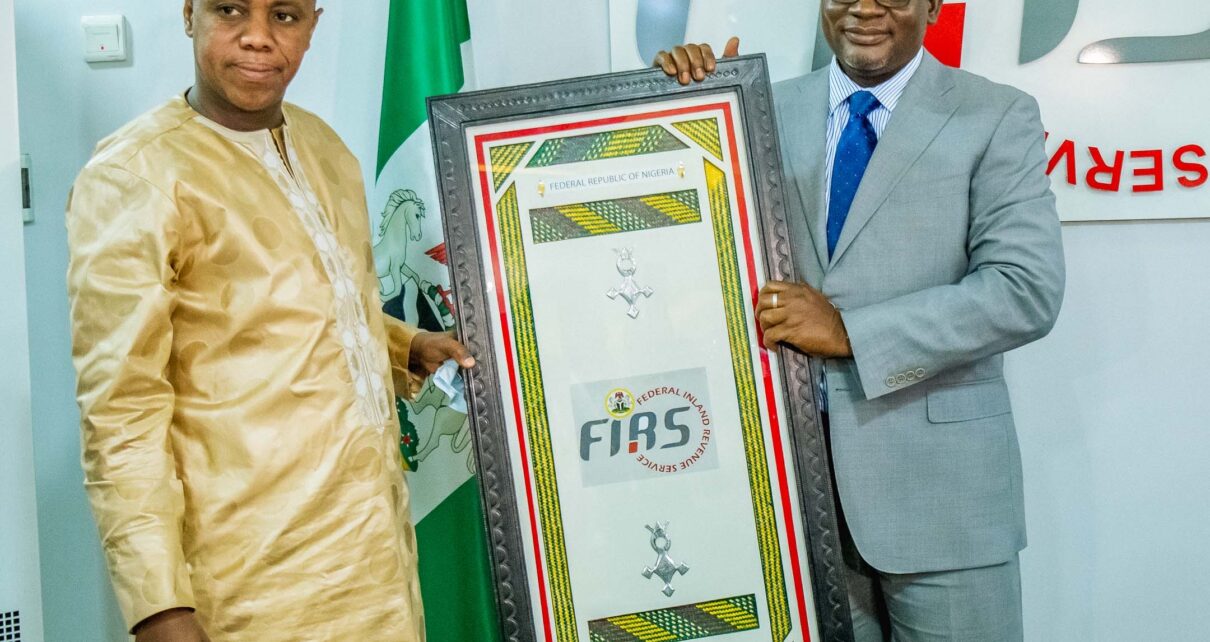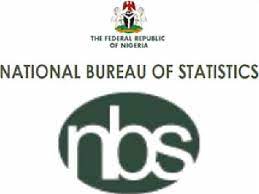The Executive Chairman of the Federal Inland Revenue Service (FIRS), Muhammad Nami, has said that revenue mobilization of Nigeria and Niger Republic can be improved if the revenue authorities of both countries work together to deepen their relationship, share tax information and engage in mutual administrative assistance.
Nami made this remark when he received his Niger Republic’s Director General of the Niger Tax Authority, Mallam Ousmane Mahamane and his delegation during a cooperation visit to the FIRS’ headquarters in Abuja.
Recognizing the long-standing relationship and shared culture of the two countries, the FIRS’ boss pointed out that it was important for the FIRS to work with the Niger Tax Authority given the “presence of high-net-worth Nigerian individuals and companies trading in Niger with significant tax implications, which is of great interest to the FIRS.”
Nami also highlighted the working relationship enjoyed by the Service and the Niger Tax Authority in the past, especially on the community rule on double taxation and transfer pricing.
He stressed the need for the two agencies’ further cooperation in the areas of sharing of tax information and mutual administrative assistance, especially in the face of increase in trans-border tax within the context of ECOWAS and AFCFTA.
Speaking on the recent achievements of the FIRS, Nami said: “We have focused on non-oil tax collection and indirect taxes, particularly VAT as well as on the deployment of technology for the automation of FIRS’ processes and procedures for effective tax administration and greater revenue yield, including e-stamping, e-registration, e-filing, e-payment, e-receipt, e-Tax Clearance Certificates, automation of Stamp Duty and VAT, the deployment of VATrac—an automated VAT filing and collection system in the wholesale and retail sectors—and the deployment of a home-grown, integrated tax administration system, the TaxPro Max.
“One of the contributing factors to our improved revenue is the taxation of the digital economy through the implementation of relevant policies, legislations and administrative processes for the collection of taxes (both income taxes and VAT) from the digital economy.
“This ensures that Nigeria is able to collect taxes on non-resident companies that derive income from the Nigerian market, without physical presence. This further ensures tax equity for local businesses”, the FIRS’ boss added.
According to him, the FIRS has evolved into a data-centric organization, leveraging on data in revenue forecasting, planning, tax policy formulation and driving compliance and enforcement.
Nami further clarified that one of the contributors to the revenue agency’s successes was the exchange of information with other tax authorities, both internally and in other countries as well as its being a customer-focused institution that has put measures in place to make voluntary compliance easier than ever for taxpayers.
In his remarks, the Director General of the Niger Tax Authority said that there was the urgent need for international tax cooperation between the two institutions.
Specifically, Mahamane explained that his tax authority was seeking a relationship with the FIRS that would cover cross border trade, the oil sector, the telecommunications sector, and the digitalization of tax procedures.
Other areas of collaboration he listed as desirable for the two countries were in exchange of tax information, assistance with tax audit, separation of administrative procedures, modernization of tax administration and human capacity development.




